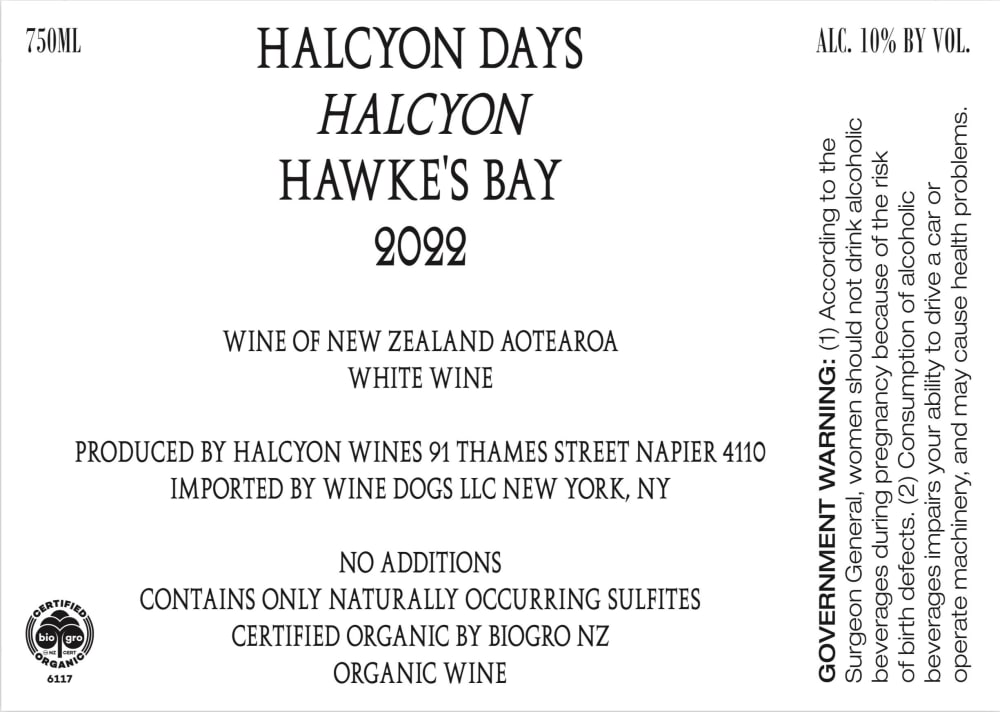Single vineyard is a term used in the wine industry to describe a wine that is made entirely from grapes grown in a specific vineyard. This term is used to denote wines that are made with a specific sense of place, as the wine reflects the unique terroir of the vineyard from which it was grown.
A single vineyard wine is made from grapes grown in a specific vineyard, rather than from grapes that have been sourced from multiple vineyards. This allows winemakers to produce wines that reflect the specific characteristics of the terroir from which the grapes were grown. Single vineyard wines are often produced in limited quantities, as the grapes from a single vineyard are typically in short supply.
In order for a wine to be labeled as a single vineyard wine, it must be made entirely from grapes grown in a specific vineyard. This means that the grapes cannot be blended with grapes from other vineyards. In addition, the vineyard must be clearly identified on the wine label, along with the appellation in which it is located.
Single vineyard wines are often associated with specific appellations, as the unique characteristics of the terroir in a particular appellation can have a significant impact on the flavor and aroma of the wine. For example, a single vineyard wine from the Napa Valley appellation in California may have a different flavor profile than a single vineyard wine from the Willamette Valley appellation in Oregon, due to the differences in climate and soil.
The importance of single vineyard wines lies in their ability to reflect the unique characteristics of a specific terroir. By using grapes from a single vineyard, winemakers can produce wines that are more expressive and distinctive than wines made from grapes sourced from multiple vineyards. Single vineyard wines can also provide consumers with a greater sense of connection to the land and the winemaking process, as they are able to taste the specific characteristics of the vineyard from which the grapes were grown.
In addition, single vineyard wines can have a significant impact on the marketability and reputation of a winery. By producing high-quality single vineyard wines, wineries can establish themselves as producers of premium wines that are highly sought after by wine enthusiasts.
However, single vineyard wines also present challenges for winemakers. Because the grapes are sourced from a single vineyard, the winemaker has a limited amount of fruit to work with, and must be careful to ensure that the wine reflects the unique characteristics of the vineyard. In addition, the winemaker must be able to navigate the challenges presented by the specific terroir of the vineyard, which may include issues such as soil composition, climate, and vineyard management practices.
Overall, single vineyard wines are an important part of the wine industry, as they allow winemakers to produce wines that are more expressive and distinctive, and that reflect the unique terroir of a specific vineyard. Whether you are a wine enthusiast or a winemaker, understanding the significance of single vineyard wines can help you appreciate the art and science of winemaking in a deeper way.
Wine is sunlight, held together by water.”- Galileo Galilei


